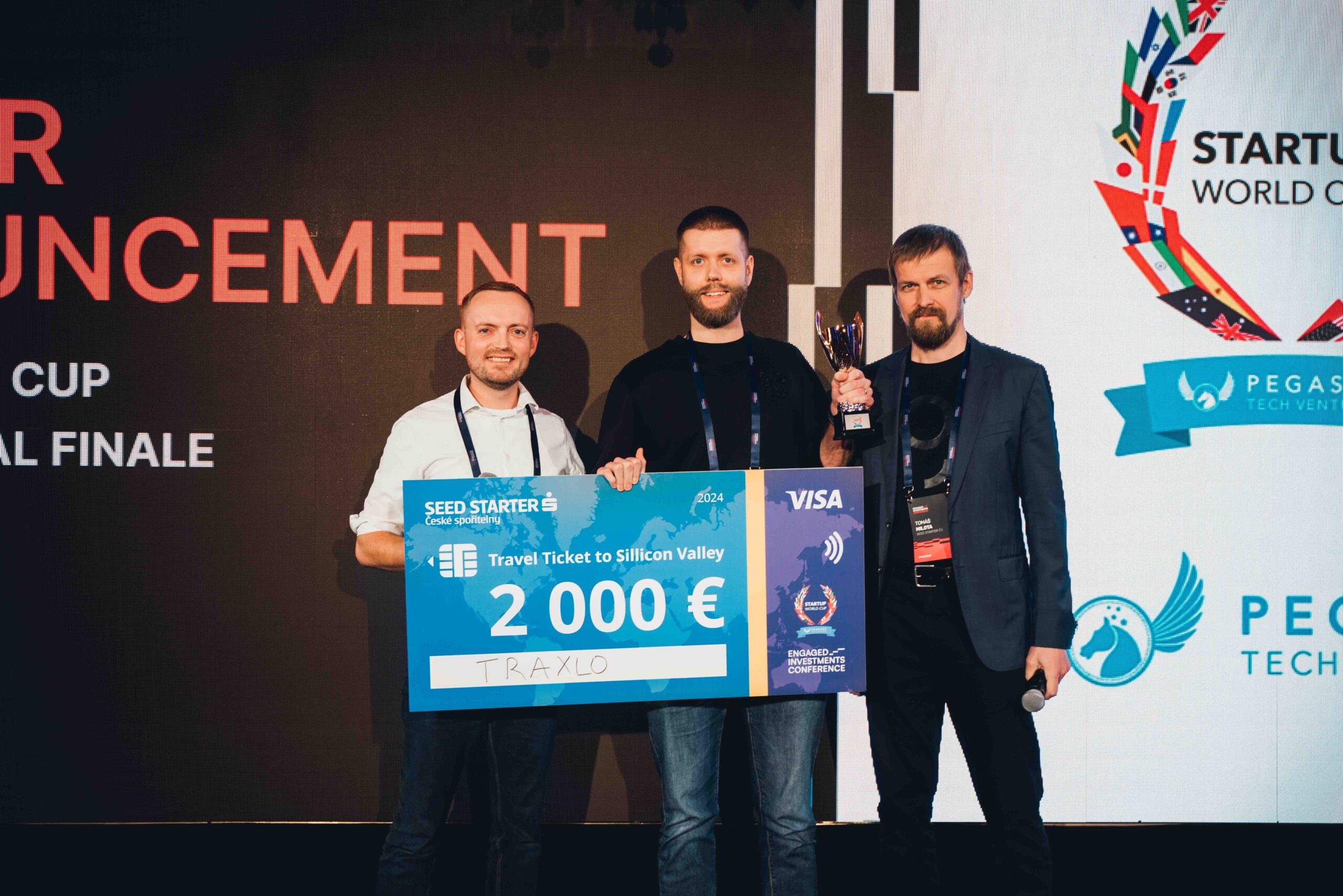This is the mission of the software startup ImpactSo, which has developed a platform that enables better management of “impact.” The founding duo, sociologist Hana Stelzer and data architect Jana Radovanovič, already have their first customers and now also their first investment—from Czech Founders VC.
CSR is No Longer Just a Buzzword
Corporate data shows that top talent is no longer attracted solely by salary levels. In fact, 84 percent of people are willing to consider changing their career if they discover that their employer does not adhere to CSR activities, according to research by Zipdo. Moreover, more than three-quarters of companies view CSR as the ideal way to build their brand and mitigate the risk of a poor reputation. “As societal and corporate pressure to implement CSR increases, we have also seen a market need to meaningfully manage these activities,” explains Hana Stelzer. “The first step is to start measuring correctly, which is why Hanka and I built the Impactso tool,” adds Jana Radovanovič, the other founder, noting that Impactso uses the theory of change for planning. Organisations such as Gender Studies are already using their software, with director Johana Jonáková perceiving “the monitoring of social impact as absolutely crucial because it allows us to identify which initiatives truly work and bring about positive change. Thanks to data and numbers, they can better target their projects and initiatives where they will provide the most benefit.”
With their vision to create a tool for measuring social impact, the duo has already attracted their first investor, Czech Founders Ventures. In addition to €40,000, Impactso has also received acceleration in the Sherpa program. “Impactso addresses the issue organisations, whether from business or non-profit, face with reporting and measuring activities. Writing an annual report will no longer be about retrospective audits, but about continuous measurement,” explains Czech Founders Ventures partner Ivan Kristel.
In the future, not only nonprofits and foundations but also companies will have to demonstrate the impact of their activities. Numerous initiatives, startups, and consulting firms are already addressing CO2 measurement, but measuring social impact is a challenge that the founders of Impactso believe in. By 2026, all large companies meeting at least two of the following criteria will have to publish their ESG report for the year 2025: more than 250 employees, a turnover of at least €40 million, and total assets of at least €20 million. “If this measure is taken as an opportunity for change, we can all benefit from it. Monitoring social impact makes investments in the social sector more effective and can open up new opportunities while simultaneously managing their long-term sustainability,” adds Hana Stelzer.
How and Why Did Impactso Emerge?
Impactso was founded with the aim of developing software for effective tracking of social impact. Given that impact measurement is a complex topic, our expertise in sociology and data architecture has been very useful. Our vision is to simplify the process of collecting and evaluating data to facilitate organisations in monitoring the impact of their activities. We want to enable anyone needing to assess the impact of their activities to easily use our platform.
What is the Theory of Change? The theory of change is a methodological framework used to evaluate long-term goals. A key aspect of the theory of change is establishing measurable and realistic objectives and the steps (activities) that lead to them. The goal needs to be placed in the context of the societal problem and the desired change. The process usually involves identifying the initial state (where we are now), the target state (where we want to go), and creating what is known as an impact chain.
Monitoring social impact requires a logical connection between activities and their results, which allows for measuring progress toward the goal. Our software facilitates structured data entry and display and evaluates results using quantitative and qualitative data. Social impact can only be achieved in the long term, and data substantiates your contribution to social change.
Why is Measuring Social Impact Beneficial Not Only for Non-profits? What Can It Bring to Companies? Monitoring social impact can support responsible corporate behaviour not only in terms of economic and ecological sustainability but also socially. It creates an environment where society thrives and where individuals have the freedom to make decisions about their attitudes and lives.
Social impact can become a competitive advantage that not only enhances a company’s reputation but also fosters innovation and adaptation to changing market demands. Overall, monitoring social impact makes investments in the social sector more effective and can open up new opportunities while simultaneously managing their long-term sustainability and improving overall corporate strategy and culture.


